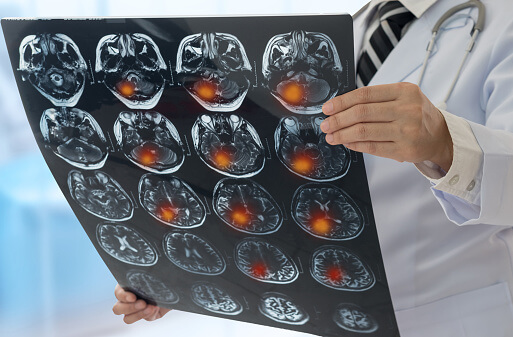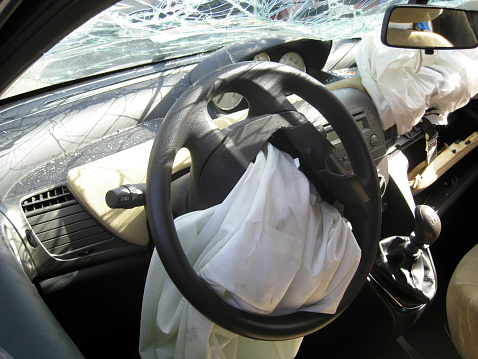Unfortunately, if the stroke is not properly diagnosed and prompt treatment is not provided to dissolve the clot and restore blood flow, serious permanent cognitive impairment and even death are likely. Because of the serious consequences of a misdiagnosed stroke, victims and their families whose doctors failed to provide prompt treatment may be able to pursue a claim for medical malpractice.
Medical care professionals are generally expected to recognize symptoms of a stroke in patients, including severe headaches; unconsciousness or coma; changes in senses including taste and hearing; difficulty reading or writing; lost balance or coordination; confusion; memory loss; eyesight problems; and more. Medical care professionals should conduct a thorough exam when a patient complains of stroke symptoms, which may include checking blood pressure and/or ordering testing including a carotid duplex ultrasound; a head angiogram; a CT; an MRI; an echocardiogram; and a magnetic resonance angiography or MRA.
If a doctor fails to provide adequate testing, especially if a patient has risk factors of a stroke, then the doctor could be held accountable for missing the patient’s diagnosis, or if there is a delay in making that diagnosis. If doctors diagnose a patient with some other condition, this could also result in a claim of medical negligence. While patients can be misdiagnosed at any age, this is an especially big issue for younger people. Medscape indicates around 10,000 to 15,000 people under aged 45 suffer strokes each year, and 14 percent of younger stroke patients are misdiagnosed. Common misdiagnoses included inner-ear disorder; migraine; vertigo; and alcohol intoxication.
Whether a stroke victim is diagnosed with the wrong condition or sent home from the hospital without treatment, the profound damage that occurs due to the delay in stroke treatment is often irreversible. Patients and their families cannot get back lost brain function that occurs due to an untreated stroke, and a patient who dies cannot be brought back. Victims and their families can pursue a claim for medical negligence if they are able to show a reasonable doctor would have correctly diagnosed the stroke and if they are able to show harm as a result of the delay or misdiagnosis.
















